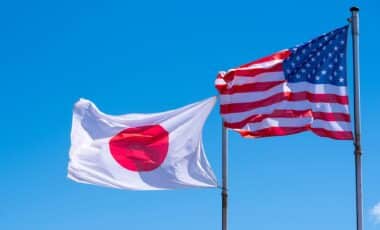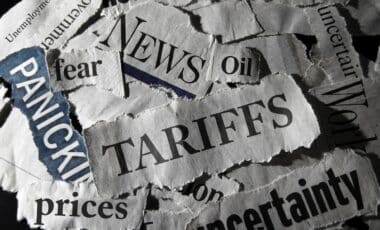Electricity Bills Surge: See Which States Are Paying the Most
Electricity costs are climbing across the U.S., and some states are feeling it more than others. A mix of extreme…
Timeline
Housing & Real Estate
Housing Market Shift: The Impact of Eliminating Capital Gains Tax
Join our social media
For even more exclusive content!
Economy

Newsletter






























